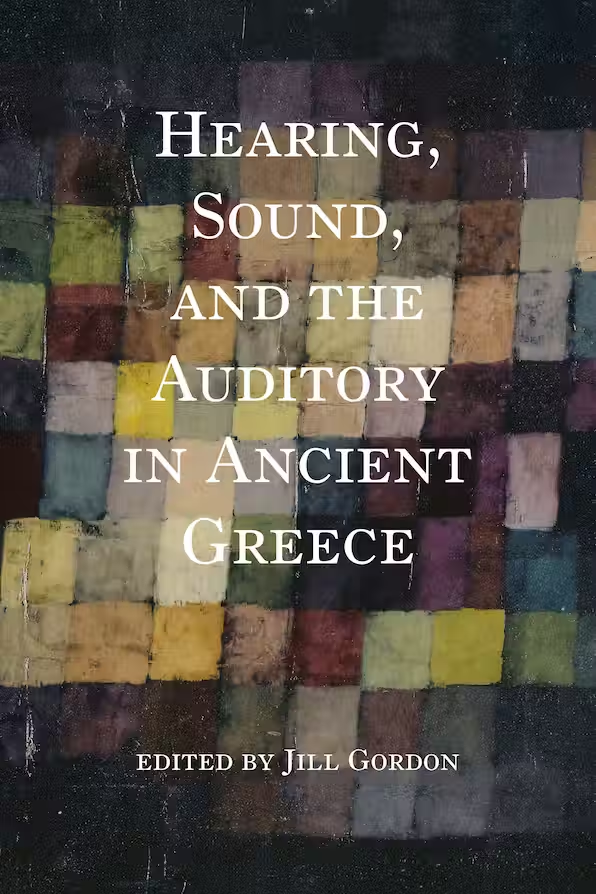Article

- Éditeur : Indiana University Press
- Pages : 59 à 81
- Date de création : 12-01-2024
- Dernière mise à jour : 12-01-2024
Résumé
Français
Le terme grec phōnē, avec sa signification ambiguë (« son » ou « voix »), a été placé au cœur d’une discussion sur la définition de la philosophie occidentale depuis Platon, d’abord par Jacques Derrida, qui qualifie cette dernière de « phonocentrique » (De la grammatologie, 1967) puis par Adriana Cavarero, qui la fait procéder au contraire par exclusion de la voix au profit de la vision (A più voci. Filosofia dell’espressione vocale, 2003). Naas revient sur ce débat en étudiant l’usage platonicien du mot phōnē, qui tend à privilégier la voix sur le son (et avec elle l’ordre sur le désordre, le sens sur la sensibilité, le limité sur l’illimité, l’humain sur l’animal, l’âme sur le corps, etc.). Un passage du Philèbe (17b), en particulier, montre comment « la phōnē se transforme en phōnē », c’est-à-dire le son en voix ou en discours signifiant. L’auteur conclut que la valorisation de la voix plutôt que le son (ou l’écriture, Derrida) n’est pas incompatible avec la tendance à la « dévocalisation » du logos (Cavarero).
L. M.
Anglais
The Greek term phōnē, with its ambiguous meaning ('sound' or 'voice'), has been placed at the heart of a discussion about the definition of Western philosophy since Plato, first by Jacques Derrida, who describes it as 'phonocentric' (De la grammatologie, 1967) and then by Adriana Cavarero, who argues that it proceeds instead by excluding the voice in favour of vision (A più voci. Filosofia dell'espressione vocale, 2003). Naas returns to this debate by studying the Platonic use of the word phōnē, which tends to privilege voice over sound (and with it order over disorder, sense over sensibility, the limited over the unlimited, the human over the animal, the soul over the body, etc.). A passage from Philebus (17b), in particular, shows how "phōnē is turned into phōnē", i.e. sound into voice or signifying speech. The author concludes that the valorisation of voice over sound (or writing, Derrida) is not incompatible with the tendency towards the 'devocalisation' of logos (Cavarero).
L. M.